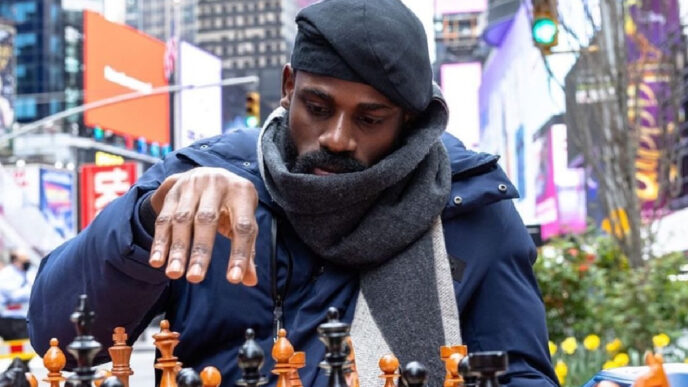Kano state government has dismissed the ruling by Economic Community of West African States (ECOWAS) Community Court of Justice, which declared the state’s blasphemy laws a violation of human rights.
Gatekeepers News reports that a three-member judicial panel comprising Ricardo Gonçalves, the presiding judge; Sengu Koroma; and Dupe Atoki in a judgment delivered on Wednesday, held that the blasphemy provisions don’t align with the freedom of expression guaranteed under regional and international human rights laws.
Reacting to the ruling in a statement on Sunday by Ibrahim Waiya, Kano commissioner for information and internal affairs, the state government said the state government has a responsibility to uphold the religious sanctity of its population, who are predominantly Muslims.
The state government said the Nigerian constitution gives sub-nationals the right to make laws and that the ECOWAS court does not have supremacy over the country’s constitution.
The Kano government said the state is not blind to the need for legal measures against abuse of blasphemy laws, adding that blasphemy prosecutions are always approved by the state attorney general.
The statement reads, “While the state remains committed to the promotion of fundamental rights and respect for rule of law, it has a constitutional and moral obligation to uphold religious sanctity, maintain public order, and preserve the faithful values of its predominantly Muslim population.”
“Section 4(7) of the 1999 Constitution empowers state houses of assembly to legislate on matters within the concurrent legislative list, including criminal law.”
“Kano State’s Sharia Penal Code (2000), including Section 382(b), was enacted in compliance with the Constitution and with full legislative authority and popular mandate.”
“This is not an aberration but a recognition of legal pluralism, a hallmark of Nigeria’s federal system.”
“As confirmed in Yakubu v. Governor of Kogi State (1995) 8 NWLR (Pt. 414) 386, states have authority to enact laws to reflect their social, moral, and religious contexts.”
“Judicial authority in Wingrove v. UK (1996) 24EHRR 1 upheld the UK’s blasphemy law at the time as compatible with Article 10 of the European Convention on Human Rights, citing the need to protect “the religious feelings of believers.”
“Hence, Nigeria – and by extension, Kano State— has every right to restrict expressions that offend deeply held religious beliefs, particularly those concerning the Prophet Muhammad (SAW), whose honour is held inviolable in Islam.”
“Kano State stands at a crucial intersection— between upholding international human rights obligations and protecting the spiritual and moral fabric of its society.”
“We will not allow religious liberty to be weaponized as a cover for sacrilege, insult, and provocation.”
“We reaffirm our unwavering commitment to preserving the sanctity of Islam as recognized by our laws and the will of our people.”












